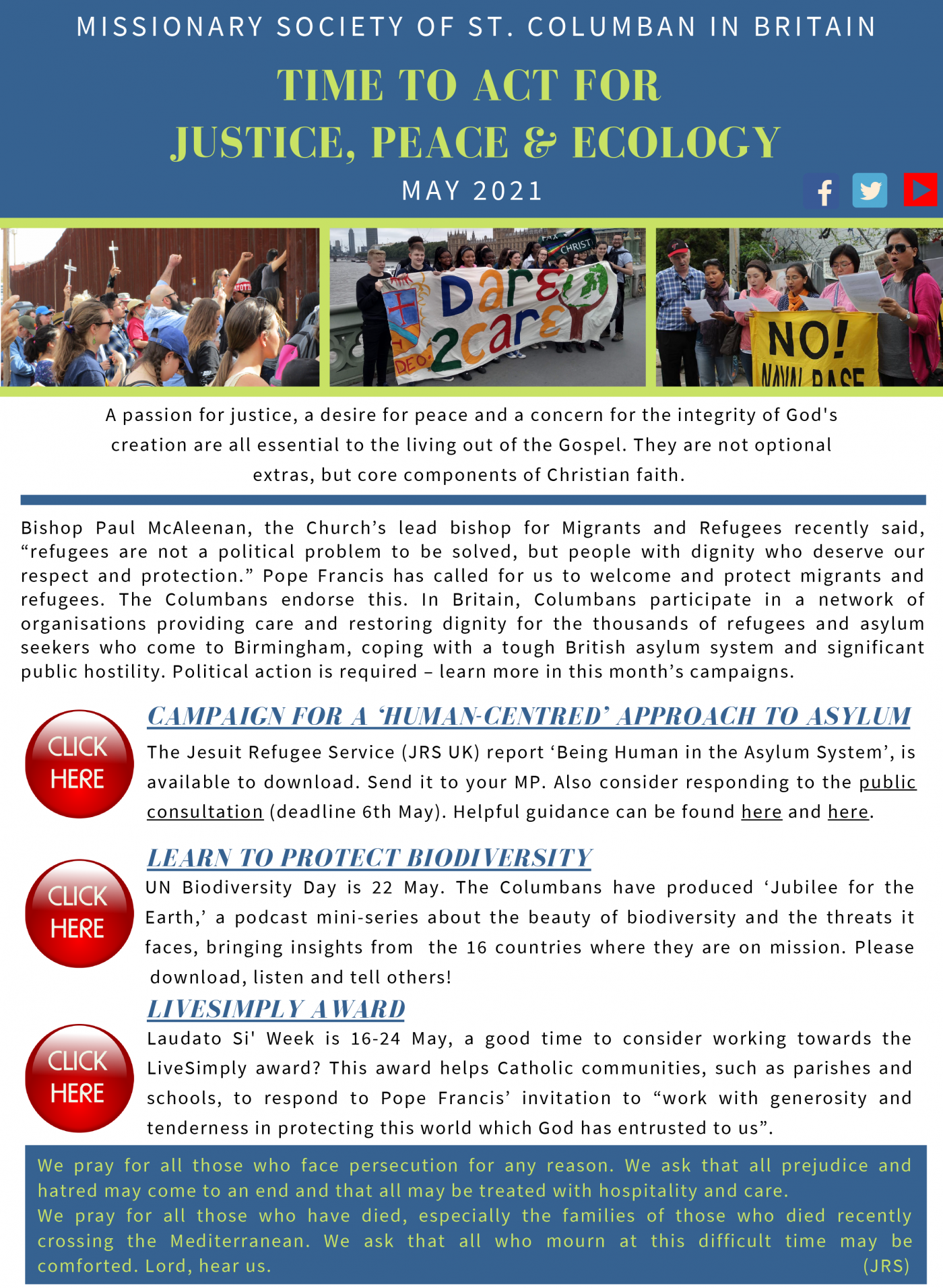‘The Flood’ is a 2019 film that brilliantly highlights a key human rights issue: the casual indignity with which the UK government treats migrants seeking asylum in the UK.
‘Game of Thrones’ actress Lena Headey stars as Wendy, an immigration officer with the UK Border and Asylum Unit, who interrogates refugees to ascertain whether or not their asylum claims have merit. She is bureaucratic and refuses to openly empathise. But one refugee’s story gets to her. Haile, from Eritrea in the Horn of Africa, smuggled himself into England in the back of a truck and his story is harrowing. Ivanno Jeremiah of ‘Humans’ plays Haile with quiet dignity. Thirty-year-old Haile has had a tortuous journey over many months trying to escape violence in his country. He was forcibly conscripted into the Eritrean military but was tortured after refusing to commit atrocities. Once escaping, he is a victim of asylum crackdowns in Europe.
We see Haile in a boat full of refugees in the Mediterranean when it sinks, despite the frantic efforts of the passengers to shovel water out with their hands. The flood of water into the boat informs the film’s title but also the popular perception of a “flood” of refugees moving restlessly through Europe, seeking a safe harbour from persecution and conflict in their homelands. Tens of thousands are also fleeing lands degraded by climate change and diminishing biodiversity, as highlighted in the 2015 encyclical of Pope Francis, Laudato Si’. Sometimes refugees are perceived as overwhelming the host countries like a metaphorical flood of people, when in fact more than 85% of refugees are hosted by countries neighbouring their own.
The screenwriter Helen Kingston and producer Luke Healy spent time volunteering in the Calais refugee camp, called ‘The Jungle,’ in Northern France. Haile’s experience in the muddy camp is chillingly realistic. The flimsy tents in ‘The Jungle’ at Calais lack services and are depressing, and we see Haile seeking comfort in prayer at the makeshift church in the camp. A trafficker makes himself known and Haile takes the tough journey in a lorry to England. Then we see poor conditions in detention centres in England, and how asylum seekers are treated and interviewed.
The film demonstrates how migrants hold on to their aspirations despite terrible experiences. Haile tries to answer Wendy’s questions which expect “Yes” or “No” answers, rather than be given space to tell his whole story. It is not illegal to seek political asylum, but the questioning is aggressive. When asked why he shouldn’t be immediately returned to his home, Haile responds that he would be killed. “Everyone’s got a story,” she retorts. And yet, Wendy develops concern that he be treated fairly, despite this clashing with the government’s crackdown policy which seeks to deport too readily.
In April, the Jesuit Refugee Service (JRS UK) produced a new report calling for “a radically reformed asylum system: one founded on justice”. Based on Catholic Social Teaching and on feedback from refugees and asylum seekers supported by JRS UK, ‘Being Human in the Asylum System’, concluded that new government proposals will “deepen hostility to refugees” and “threaten the fabric of society”. Many refugees are denied the chance of permanent settlement and are forced to live in detention or in ghetto-like reception centres whilst awaiting outcomes on claims. The report recommends that, “borders be open to those in need of protection” and that a society should be fostered “that welcomes, protects, promotes, and integrates those seeking sanctuary as our neighbours.”
Bishop Paul McAleenan, the Church’s lead bishop for Migrants and Refugees, welcomed the report, saying, “it is a timely reminder that refugees are not a political problem to be solved, but people with dignity who deserve our respect and protection.” Pope Francis has called for us to welcome and protect migrants and refugees and the Columbans endorse this.
This month we’re supporting three specific campaigns. Find out what these are.

